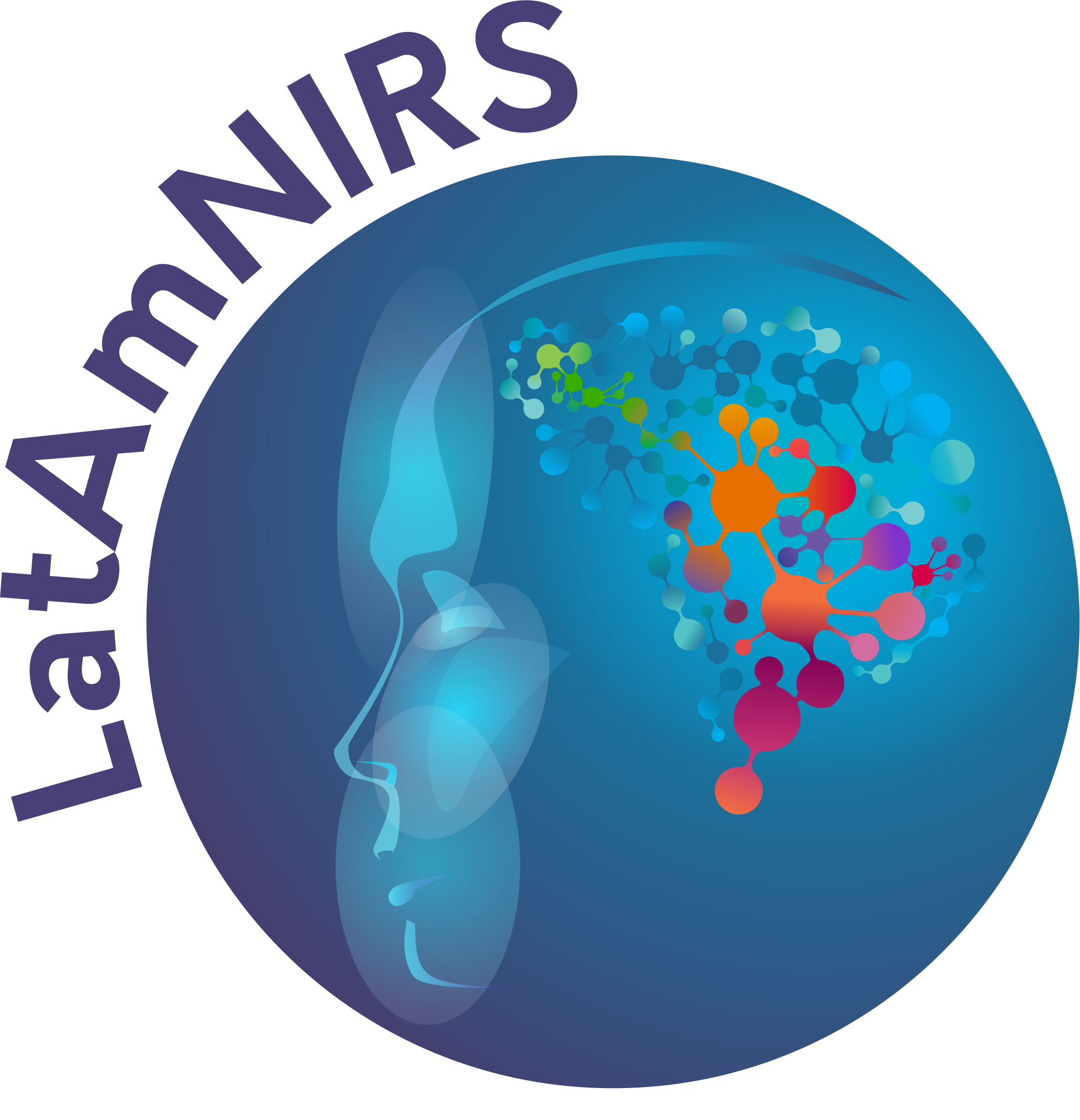Event-related design
Definition: Event-related design is a type of experimental paradigm in which trials are presented randomly or in a pseudo-random order, with each trial consisting of a single presentation of the stimulus or event. Compared to block designs, event-related designs provide greater temporal resolution and allow for more variability in the timing and order of the events. For instance, cognitive adaptation strategies of the subjects can be avoided, the response profile for different trial types (and even single trials) can be estimated by event-related averaging and it allows post-hoc sorting of individual brain responses.
Alternative definition:
Synonym:
References: https://doi.org/10.1016/S0896-6273(00)80456-0https://doi.org/10.1192/apt.bp.115.015610
https://doi.org/10.1016/j.jneumeth.2014.07.011
https://doi.org/10.1016/j.neuroimage.2005.12.008
https://doi.org/10.1117/1.NPh.8.1.012101
Related terms: Block design
